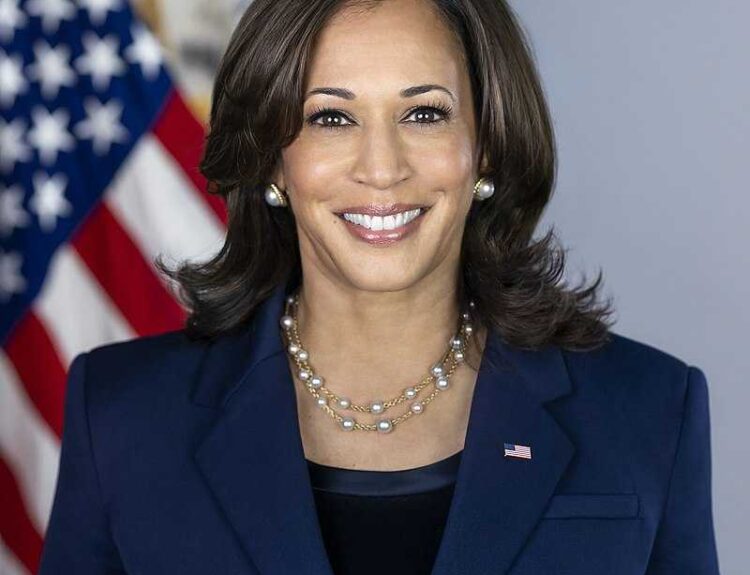Eliminating origination fees and tax-free forgiveness are key focuses
- Biden administration proposes eliminating origination fees on student loans
- COVID-era law on tax-free student loan forgiveness may become permanent
- Budget proposals signal president’s priorities but are not established law
- Congress may consider axing student loan origination fees
- Undergraduates pay a 1% origination fee, while graduate students and parents pay 4%
- Eliminating fees would make borrowing for education easier for students
- Budget also includes proposals to increase funding for Federal Student Aid and make college more affordable
The Biden administration is proposing changes to the student-loan program to reduce costs for borrowers. The budget proposal asks Congress to eliminate origination fees on student loans and make permanent a COVID-era law that excludes some student-loan forgiveness from income for tax purposes. These proposals align with the administration’s broader plans on student-debt relief. While the budget proposals are not yet established law, there is potential for Congress to consider some of the president’s ideas, including the elimination of origination fees. Currently, bipartisan legislation is being discussed in Congress to achieve this. Origination fees, which range from 1% for undergraduates to 4% for graduate students and parents, result in students receiving less money for their educational expenses. The government earned billions from these fees, but they are remnants of the old federal student-loan system. The Biden administration’s budget also aims to make certain types of student-loan forgiveness tax-free permanently, building on a provision of the COVID-era law. This proposal may face opposition from Republican lawmakers. Additionally, the budget includes requests for increased funding for the Office of Federal Student Aid and initiatives to make college more affordable, such as increasing the maximum Pell grant and making community college free.
Factuality Level: 8
Factuality Justification: The article provides a detailed overview of the White House’s proposed tweaks to the student-loan program, including the elimination of origination fees and the permanent exclusion of some student-loan forgiveness from income for tax purposes. It explains the background, potential impact, and challenges associated with these proposals. The information is presented in a factual and objective manner without significant bias or sensationalism.
Noise Level: 3
Noise Justification: The article provides a detailed analysis of the White House’s proposed tweaks to the student-loan program, including the elimination of origination fees and the tax treatment of student-loan forgiveness. It discusses the implications of these proposals, potential pushback from lawmakers, and the broader context of student debt reform. The article stays on topic, supports its claims with data and examples, and offers insights into the potential impact of the proposed changes.
Financial Relevance: Yes
Financial Markets Impacted: The proposed tweaks to the student-loan program could impact financial institutions that participate in student lending.
Presence Of Extreme Event: No
Nature Of Extreme Event: No
Impact Rating Of The Extreme Event: No
Rating Justification: The article discusses proposed changes to the student-loan program, which could have financial implications for lenders. However, there is no mention of any extreme events.
Private Companies: National Association of Student Financial Aid Administrators
Key People: James Kvaal (Undersecretary of Education), Justin Draeger (Chief Executive of National Association of Student Financial Aid Administrators)
 www.marketwatch.com
www.marketwatch.com 





